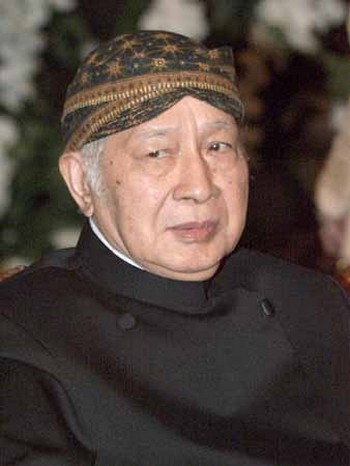Not democracy but rule of law is Indonesia’s central problem
Jeffrey A. Winters
 |
Suharto kept the oligarchs in order.a-birdie (flickr) |
There has been a steady, but misplaced, undercurrent of dissatisfaction with Indonesia’s democracy. Rampant corruption, elected officials who perform wretchedly, indecisive leadership, and a surge in fundamentalist and sometimes violent Islamic politics have been blamed on Indonesia’s democratic opening after 1998. It is not uncommon to hear Indonesians at all levels of society express nostalgia for the order of Suharto’s New Order regime. Even some academics have added their voices to the democratic critique. Professors Ron Duncan and Ross McLeod, two Australian scholars, wrote in 2007 that economic growth rates were consistently higher under Suharto. After citing Churchill’s famous quote that democracy is the worst form of government except for all the others, they remarked that Indonesia’s post-dictatorship decline in economic performance ‘calls this view into question.’
Indonesia’s problem is not poorly functioning institutions of democracy. If anything, its democracy works remarkably well considering the damage inflicted on the body politic for a decade by Sukarno and then three decades by Suharto. Indonesia’s problem is that the country is beset by a stratum of powerful oligarchs and elites who are untamed. Electoral democracy is not designed to tame these actors. Indeed, they actually captured and now dominate Indonesia’s vibrant democracy.
It is a common error to blame democracy for the pathologies that result from a











